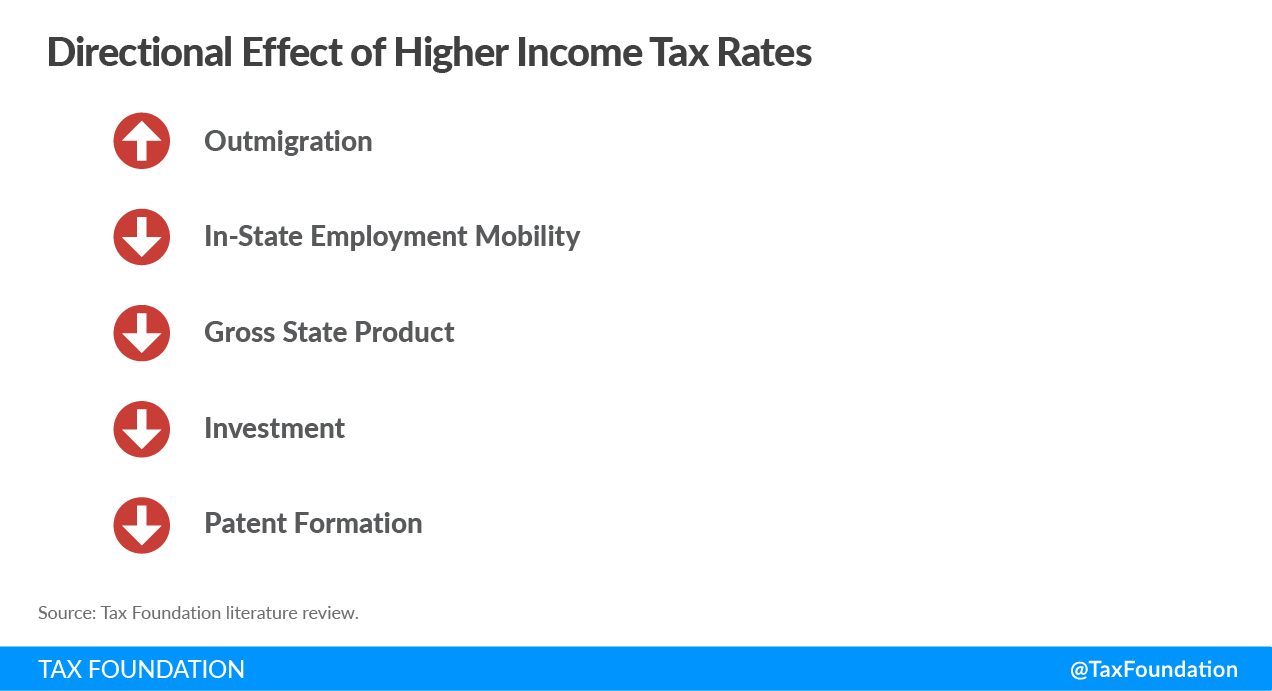Can I Be Held Personally Liable for Mistakes I Make Administering a Trust?
If you recently learned that you were appointed to be the Trustee of a trust, and this is the first time you have served as a Trustee, you probably have several questions. At the top of that list may be concerns over the possibility of being held personally liable if you make a mistake. To help you better understand your role as Trustee, the Indianapolis trust administration attorneys at Frank & Kraft explain personal liability for a Trustee during trust administration.
What Does the Job of Trustee Entail?
The primary reason that people often appoint the wrong person as their Trustee is that they do not have a firm grasp of the breadth and complexity of the duties and responsibilities of a Trustee. The overall job of a Trustee is to protect and manage trust assets while administering the trust using the trust terms created by the Settlor. The specific duties and responsibilities of a Trustee makes for a long list. This list includes everything from investing trust assets to keeping detailed records to resolving conflicts among beneficiaries. The power and authority a Trustee has means that the Trustee contributes directly to the success – or failure – of a trust.
Can a Trustee Be Liable for Mistakes and Errors?
Settlors often appoint the Trustee without actually giving the matter sufficient thought. As a result, a spouse, best friend, or family member ends up in the position of Trustee despite lacking the type of experience that would qualify him/her to be the Trustee. Successfully administering a trust is best accomplished by someone with a financial and/or legal background. Despite having the best of intentions, a Trustee’s lack of experience could increase the likelihood of making mistakes during the administration of the trust. If you are that Trustee, and mistakes are made, you could find yourself being held personally liable.
What Type of Liability Might a Trustee Have?
Mistakes made during the administration of a trust could result from the Trustee’s liability to a third party and/or to the beneficiaries of the trust. As the Trustee, you will have to interact with third parties on a regular basis, particularly with regard to investments made by the trust. Consequently, you could end up liable for breaching a contract to a third party or for debts incurred in the name of the trust and owed to a third party. You might also find yourself liable to the beneficiaries of the trust for a wide range of errors or mistakes, including:
- Failing to distribute trust assets according to the terms of the trust.
- Failing to pay debts, including taxes, owed by the trust that then incur additional fines that decrease the value of the trust assets
- Making risky investments that result in a depletion of trust assets
- Failing to inform the beneficiaries of vital trust business that results in damage to the trust.
- Creating a conflict of interest that results in losses to the trust
- Self-dealing
Can a Trustee Prevent Personal Liability?
If you find yourself in the position of Trustee, you undoubtedly want to prevent being held personally liable for mistakes you might make. There are several things you can do to try and limit the possibility of personal liability for mistakes. For example, when any Trustee invests trust assets, the “prudent investor standard” must be used. The prudent investor standard requires the Trustee to only invest in risk averse options and to consider retention of the principal to be the most important consideration when making investments. The most important thing you can do, however, to try and avoid personal liability is to utilize the advice and assistance of professionals during your time as Trustee. Consult with a financial advisor before making any investments using trust assets. In addition, retaining the services of a trust administration attorney will dramatically decrease the likelihood of any personal liability on your part because it will decrease the likelihood of making an error.
Contact Indianapolis Trust Administration Attorneys
For more information, please download our FREE estate planning worksheet. If you have additional questions or concerns about Trustee liability and/or administering a trust, contact the experienced Indianapolis trust administration attorneys at Frank & Kraft by calling (317) 684-1100 to schedule an appointment.
Paul Kraft is Co-Founder and the senior Principal of Frank & Kraft, one of the leading law firms in Indiana in the area of estate planning as well as business and tax planning.
Mr. Kraft assists clients primarily in the areas of estate planning and administration, Medicaid planning, federal and state taxation, real estate and corporate law, bringing the added perspective of an accounting background to his work.
Latest posts by Paul A. Kraft, Estate Planning Attorney (see all)






